

Two out of five Pacific women experience abuse from a close partner or relative.
Photo/Nadine E/Unsplash
Pacific woman's death highlights intimate partner violence crisis
A murder-suicide exposes critical gaps in the system meant to protect victims, with advocates calling for more culturally appropriate support services.



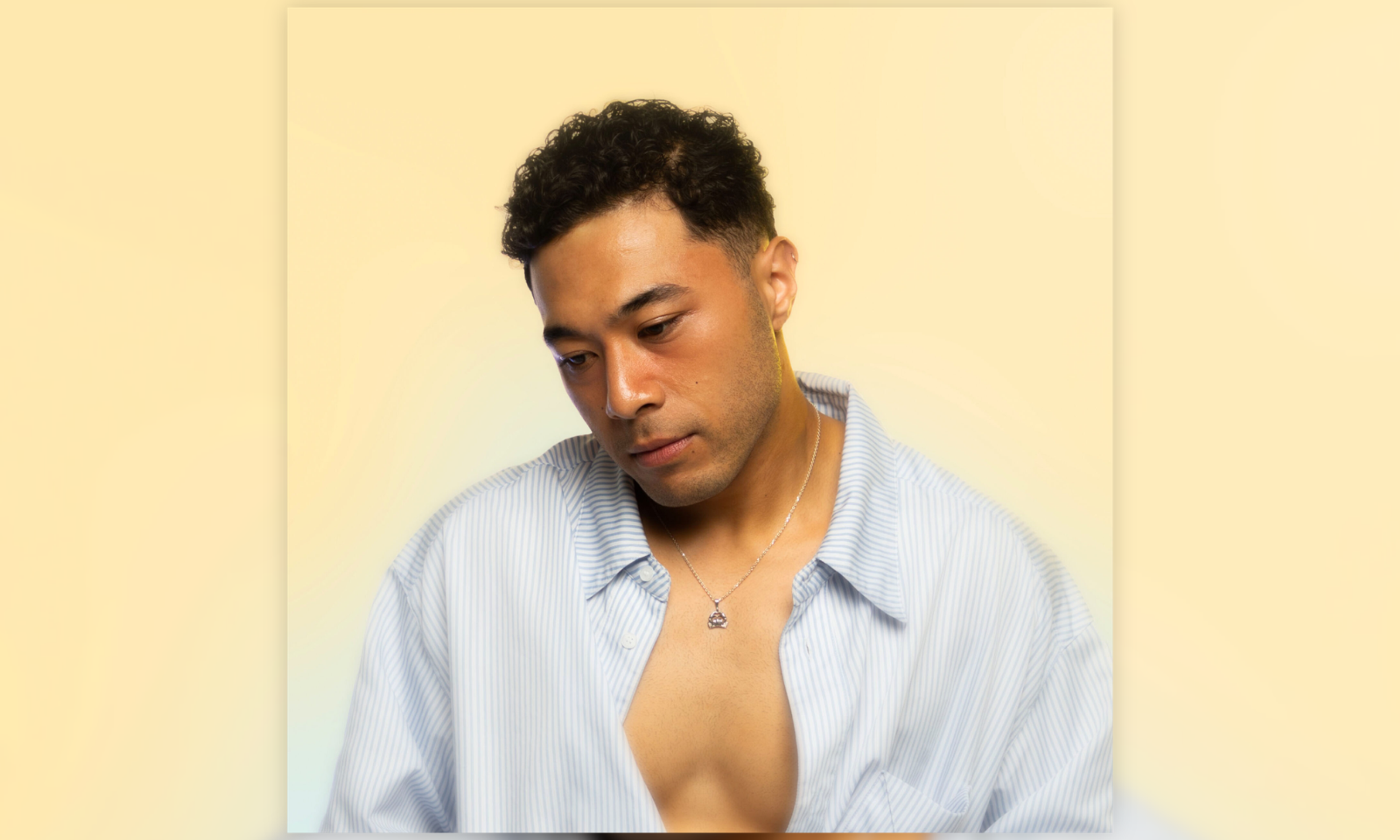
Tyrun re-imagines Niuean love in smooth new R&B single ‘Fila’

Digital Lifeline: New app helps Sāmoans abroad reclaim their heritage




Tyrun re-imagines Niuean love in smooth new R&B single ‘Fila’

Digital Lifeline: New app helps Sāmoans abroad reclaim their heritage
Warning: This article refers to abuse and suicide.
In March 2021, Toakase Finau was strangled to death by her estranged husband.
Viliami Latu had been released from prison on electronically monitored bail and ignored a protection order where he was not allowed to contact her.
Finau had tried to leave many times during their tumultuous relationship and told refuge staff she “cannot stop” Latu from contacting her despite police orders and bail conditions.
Her body was later found in the boot of her car by police conducting a routine bail check.
Latu later died in hospital from self-inflicted injuries.
Unitec Social Work lecturer Genevieve Sang-Yum says the safety systems in place aren't good enough.
"That case is very heartbreaking, it highlights a serious flaw in our justice system.
"The perpetrator was released on bail, despite police opposition, that really shows the system failed to protect the victim when she needed it most.
“When someone has a history of abuse or there are clear warning signs, bail should not be granted without any strict conditions or at all if there's a risk to the victim's safety.”

Toakase Finau was murdered by her estranged partner Viliami Latu in 2021. He then took his own life. Photo/Facebook
The coroner’s report, released last month, said the murder-suicide was a “tragic example of the epidemic of intimate partner violence” in New Zealand.
Long term change
Te Puna Aonui works across government agencies to collectively improve family violence and sexual violence.
It brings together nine government agencies to work together to take a ‘system view’ and implement Te Aorerekura - the National Strategy to Eliminate Family Violence and Sexual Violence.
The strategy is delivered through action plans and the government released the second Action Plan in December.
It acknowledges the complexity of these forms of violence and the need for action right across government and in communities, supported by capable workforces.
Te Puna convenes regular meetings with Pacific service providers to draw on their insights to inform the implementation of Te Aorerekura.
Te Puna Aonui Chief executive Emma Powell said Emma Powell said the report was a tough read.
“It was really frustrating to see points within the pathways or the system that if we had just done something differently or better at those key junctures, we could have had a very different outcome.
“What we can learn from these very, very tragic and really heartbreaking examples that will ripple through those whānau for a lifetime, is that we must take those issues and those barriers and those systemic failures, [and] we must turn them into action.”
A stretched support system
In New Zealand, two out of five Pacific women will experience intimate partner violence.
Sang-Yum said some people believed accessing support meant breaking up, but this wasn’t always the case.
“My work is never to tell her, ‘you need to leave him, you need to do this’, my job is just giving her that knowledge and the education she already knows, but giving her that reminder that there is a way that you can live a healthy relationship or leave him.”
There are two dedicated women’s refuge centres for Pasifika women and two for sexual violence, and Powell said they want to grow the support base across Pasifika non-government organisations and mainstream services.
“When a family is putting its hand up for help, we need to be there immediately to support that, and that help needs to come in a way that fits the needs of that whanau right there and then.
“Quite often our responses are not matched to the needs that are being asked for, and so people just disengage.”
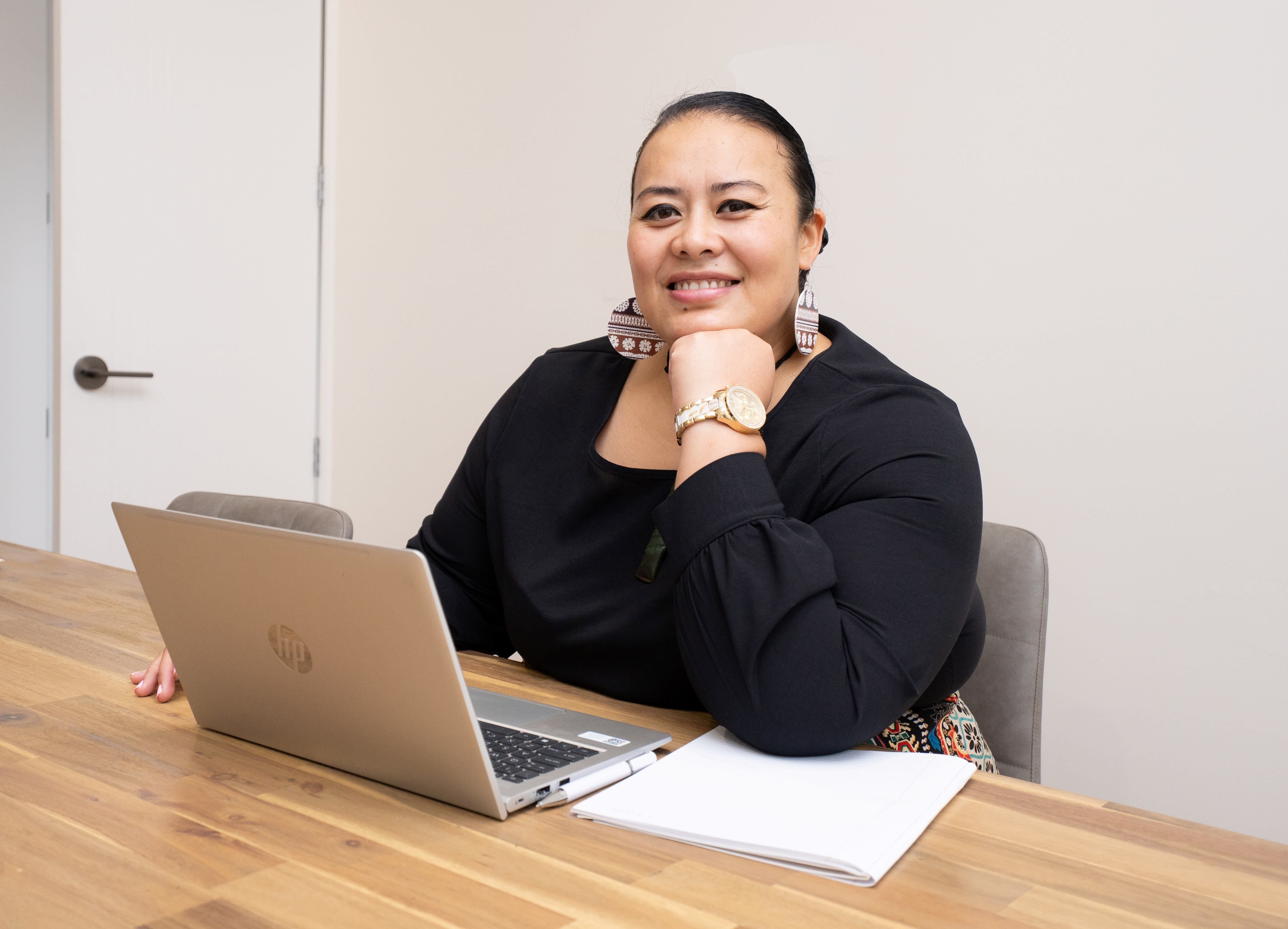
Unitec Social Work lecturer Genevieve Sang-Yum. Photo/Supplied
Sang-Yum said the shortage of services and workers made it hard for victims to feel seen and heard.
“They might miss cultural, the spiritual, and the social factors that contribute to violence in Pacific families, and also we tend to forget intergenerational trauma and migration.
“Pacific families, they value community-led solutions and approaches that align with their values, such as involvement with churches, elders and cultural leaders, not all service providers have the resources or the expertise to work in this way.”
Sang-Yum, who also works as a family violence Pasifika community educator, said some women have asked if their abusive partner could sit in and participate in the talanoa.
“It's quite powerful because it helps them to realise, and learn about the legalities in New Zealand.
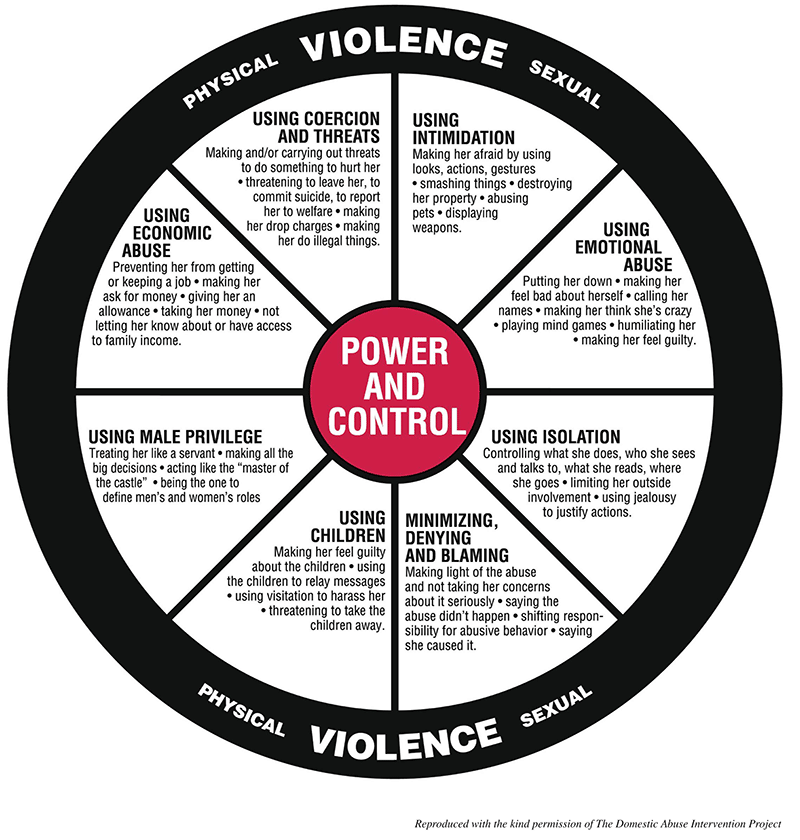
Image/The Domestic Abuse Intervention Project
“Most of these men that I have met don't actually realise what they're doing, so for them it's baby steps.”
An issue spanning the region and religion
Pacific women face some of the highest levels of violence in the world. An estimated 60 per cent of women and girls have experienced violence by an intimate partner or family member.
In Fiji, 33 per cent of women believe a wife is obliged to have sex with her husband, even if she does not feel like it.
In Tonga, more than half of the women who were physically abused reported that their children had witnessed the violence at least once.
Here in New Zealand, Pacific children are almost five times more likely to die from child abuse and neglect than other ethnicities.
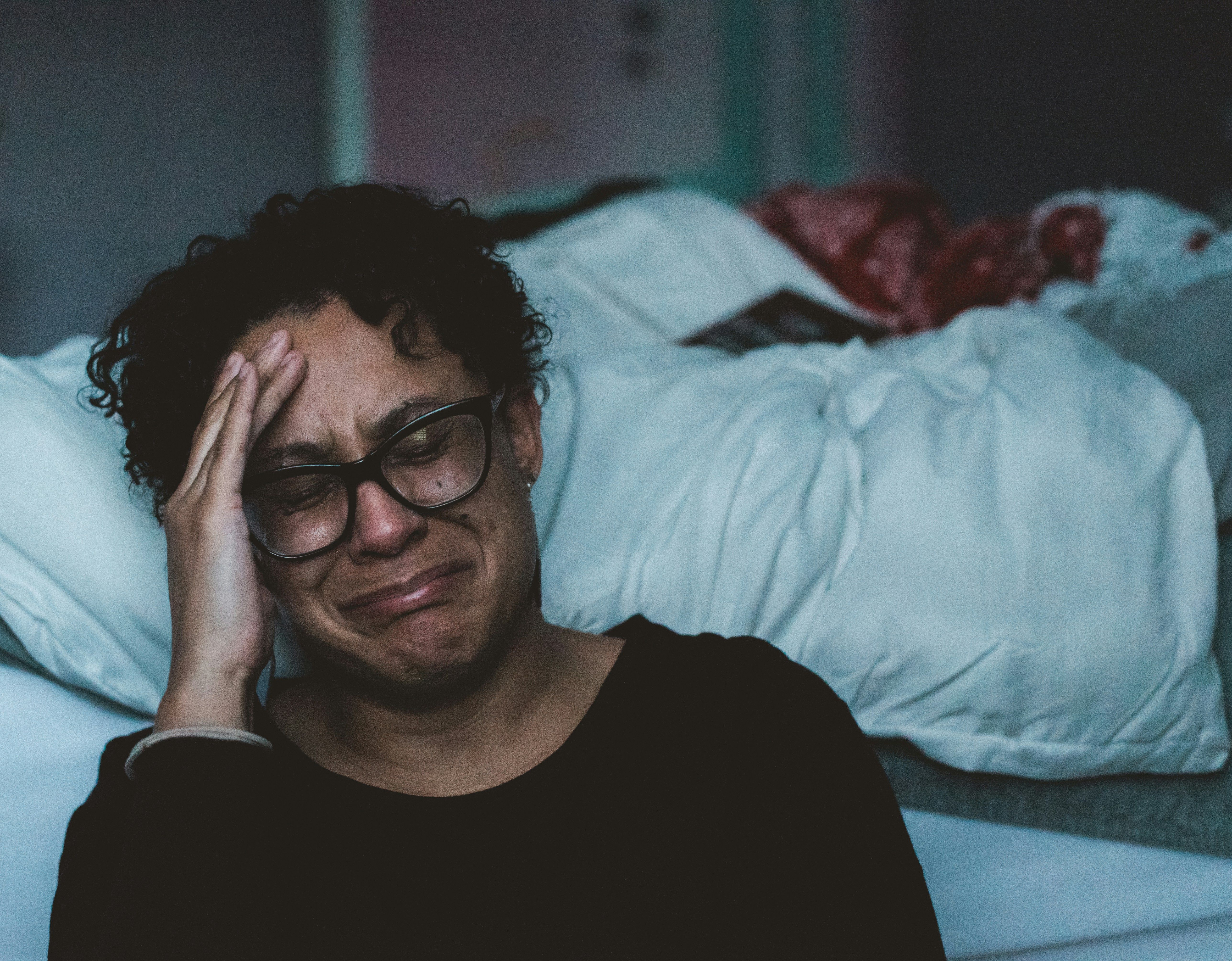
Photo/File by Claudia Wolff
Sang-Yum said victims might stay in abusive relationships to avoid breaking up families or bringing shame to their family.
“We're religious people, and some believe that separation or divorce is wrong, so that's been ingrained in the minds of men and women that regardless of what happens in the relationship, even in an abusive situation, there is no such thing as a separation or divorce, ‘you’ve just gotta take it by the chin and deal with it’, but that's not right.
“So, while faith can be a source of strength, it may also lead to victims to stay in abusive relationships and hoping that prayer or forgiveness will change their partner.”
A long-term solution
Te Puna Aonui is implementing a national strategy, Te Aorerekura, to eliminate family and sexual violence.
Powell said the ‘big picture’ holistic approach included prevention, improving the quality and impact of local providers, sharing information between agencies and better intervention for high-risk whanau.
“It's very rare to have a 25 year strategy in government, that is a generation.
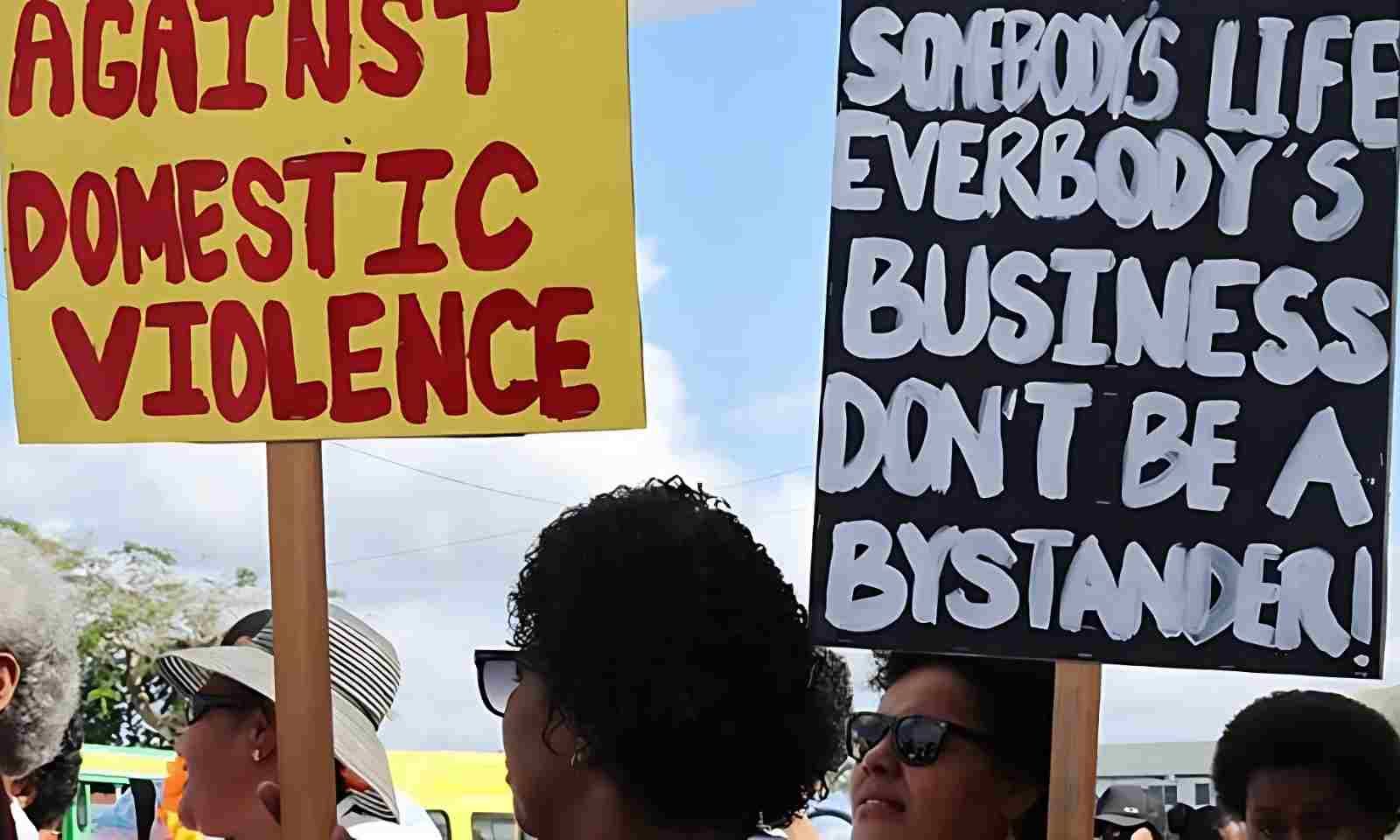
The 25th anniversary of the International Day for the Elimination of Violence Against Women was marked on 25 November. Photo/UN Women Pacific
“Our task right now is to make sure that that dollar is working really hard and that it's actually doing the very best that it can, and so that is not on the shoulders only of providers doing more, it's actually about how we gear our systems within government and deliver our services.
“There is a lot of focus and I think a lot of impatience, to get moving into some real outcomes and some tangible change.”
Sang-Yum has a message for the community.
“Seeking support is not a sign of weakness, it's an act of strength and love for yourself and your family.
“And if you are in a position to help, be that person who listens, who stands up, and who offers a hand to those in need.”
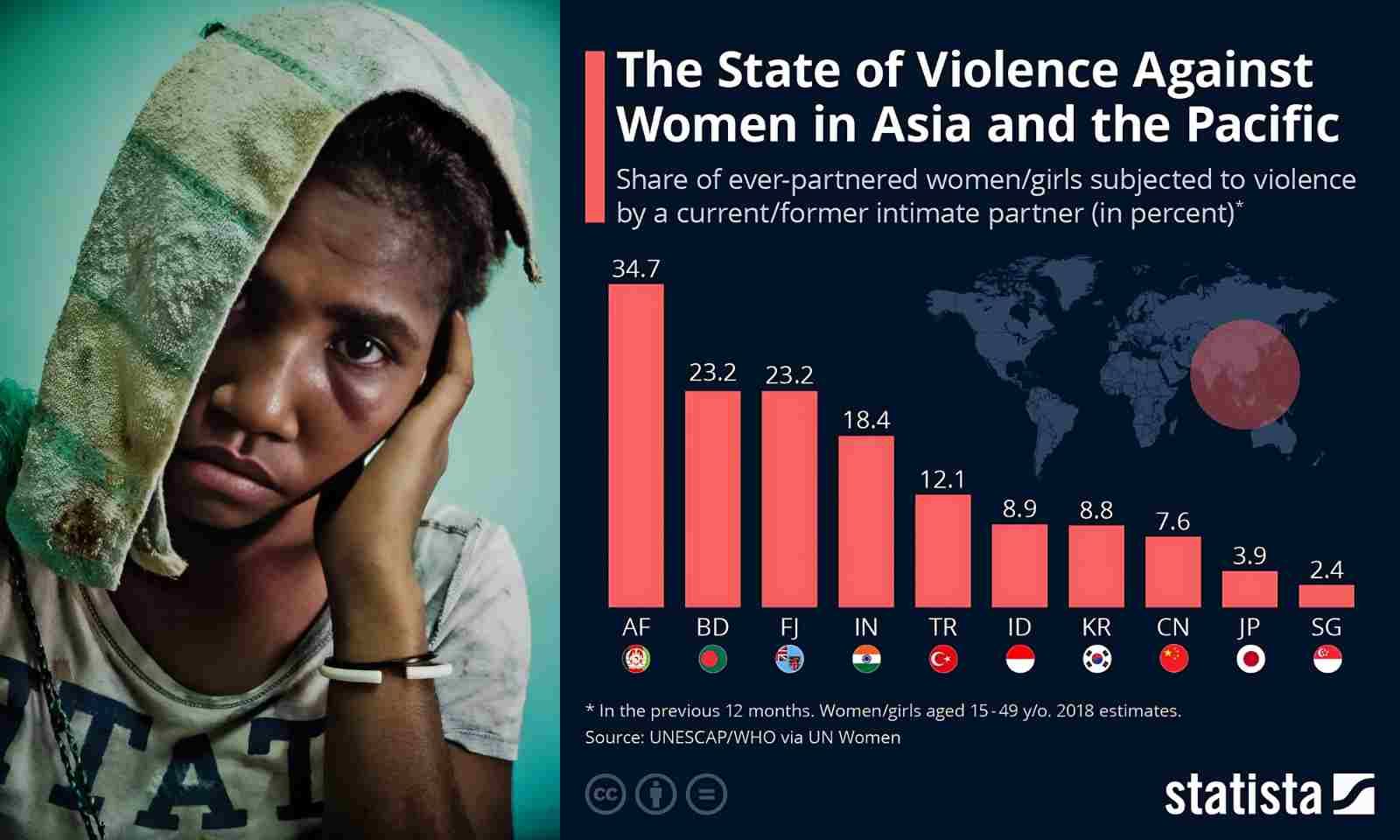
Photo/Supplied
How to get help
If you're in danger now:
Phone the police on 111 or ask neighbours or friends to ring for you.
Run outside and head for where there are other people. Scream for help so your neighbours can hear you.
Take the children with you. Don't stop to get anything else.
If you are being abused, remember it's not your fault. Violence is never okay.
Where to go for help or more information:
Women's Refuge: Crisis line - 0800 REFUGE or 0800 733 843 (available 24/7)
CLICK HERE for Auckland Family Violence Service Providers
CLICK HERE for Family Violence Service Providers Outside Auckland